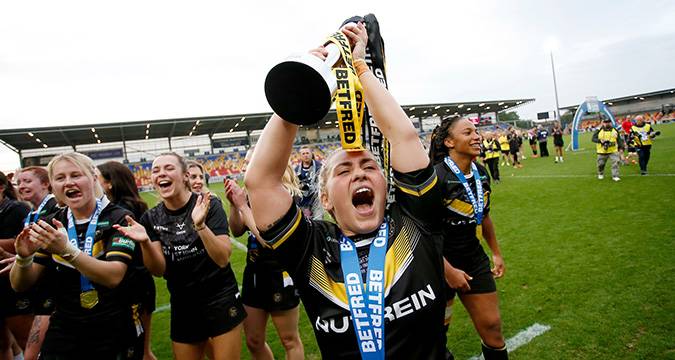 As 2023 draws to a close, League Express writer STEPHEN IBBETSON introduces our annual five-part series of articles that look back at the season just gone and picks out the significant and memorable moments we’ll all remember, whether they are triumphs or tragedies, great matches or momentous events.
This week we consider moments 41 to 50, whi
As 2023 draws to a close, League Express writer STEPHEN IBBETSON introduces our annual five-part series of articles that look back at the season just gone and picks out the significant and memorable moments we’ll all remember, whether they are triumphs or tragedies, great matches or momentous events.
This week we consider moments 41 to 50, whi The 50 most significant and memorable Rugby League moments of 2023: Part One
 As 2023 draws to a close, League Express writer STEPHEN IBBETSON introduces our annual five-part series of articles that look back at the season just gone and picks out the significant and memorable moments we’ll all remember, whether they are triumphs or tragedies, great matches or momentous events.
This week we consider moments 41 to 50, whi
As 2023 draws to a close, League Express writer STEPHEN IBBETSON introduces our annual five-part series of articles that look back at the season just gone and picks out the significant and memorable moments we’ll all remember, whether they are triumphs or tragedies, great matches or momentous events.
This week we consider moments 41 to 50, whi 